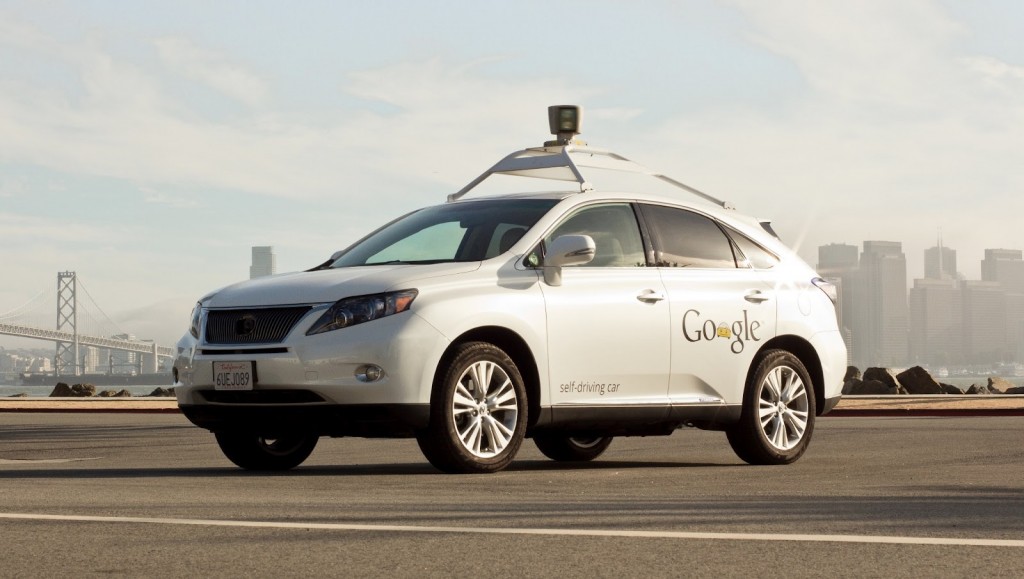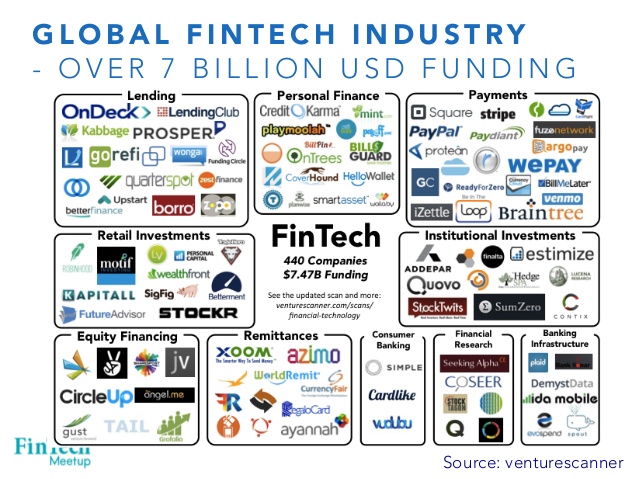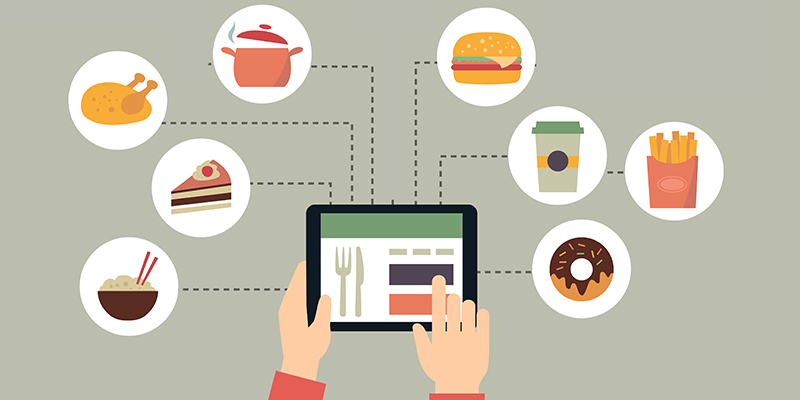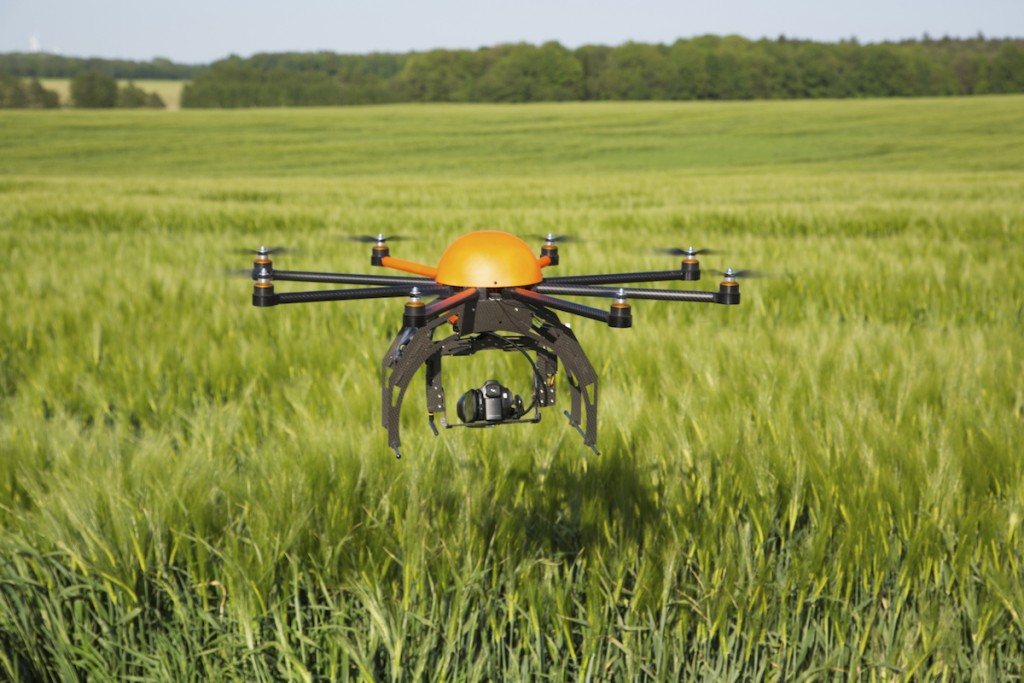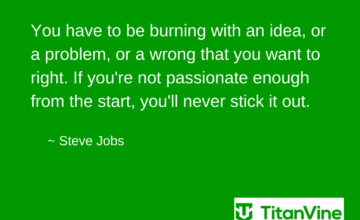Digital disruption is a buzzword that continues to receive more attention than any other business topic and there is a good reason why.
The massive changes we’ve seen in accommodation with AirBnb, taxi services with Uber, Food delivery services like Menulog, and TripAdvisor which is eliminating the needs for human travel agents, are just a few poster child startups that are iconic to the start of the big wave of disruption we will see for not just a few industries, but every industry in the coming years.
One of the biggest concerns most employees have are the demands for jobs to secure their working future. The mainstream economy thoughts say that while those displaced by technology will see their industries destroyed, the industries replacing them will create new jobs that they can fill.
Hence, there doesn’t need to be a call for worry. In fact, this is a call for excitement. We are moving forward in the world, and the opportunities for dramatic improvement for all industries and solving some of the world’s largest socio-economic and social inequalities are just around the corner.
Digital disruption is inevitable, and there is no slowing down. These 10 industries are in the direct firing line for digital disruption.
1. Construction
Whilst many have been focusing on the headlines of tech disruption in Silicon Valley and the rest of the US, there have been some fascinating developments in China for an industry which is more mightier than automotive, health and the education sectors – construction.
Recently, a Chinese firm built a 57-storey block in just 19 days. It’s phenomenal and ground-breaking. This new method to mass-production processing is set to help construction become more affordable, which flows onto more affordable housing and alleviating the burden of high mortgages. There are even break-laying robots which may eliminate even more workers. Whilst this is great news for consumers, what does this mean for existing employees? How long before even more skyscrapers are going up in record time? The building and supplies industry will have mammoth disturbances with whole supply chains diminishing and new ones materialising.
2. Auto Industry
Most of us are up to date with what’s happening with the revolution of driverless cars, and it shows no signs that it is slowing down. Within 15-20 years, driverless cars will become mainstream. Essentially, the concept of ‘driver’ will be replaced by an ‘operator’, where a GPS controlled system will coordinate the vehicle from origin to destination. Theoretically, we won’t even need a drivers license. In fact, a 9 year old could take the car to school in the morning.
There will be no need for people to drive us around. What is going to happen to all the drivers that exist for private services like Uber, taxis’ and other public transportation?
What’s even more mind-boggling are the effects from other industries and even the government. The insurance industry – car insurance won’t exist anymore. Aviation – driverless cars could be a cheaper option than domestic flights. Hotels – why need a motel/hotel when you can sleep in your car?
What’s the most surprising speculation – by 2030, driving cars will be illegal. Incredible.
3. Education
Technology and education have already intersected in continuous innovation in the past decade with highlights of iconic edtech startups, Udemy and Coursera, disrupting the way higher educational resources are being delivered to students worldwide. However, what happens when we dig a little deeper?
Through a project by Rice University in Houston, Texas, named the OpenStax project, it creates digital textbooks using machine-learning algorithms to enable their biology and physics students to adapt to individual needs. They are changing the way students learn. Tailored, specific and applicable – the way it should be.
There are startups improving the relationships between students and teachers. There are startups that are improving the access to education from anywhere, anytime around the globe. You don’t need to turn up for a specific time and specific location anymore. Education is changing fast, and universities and private institutions are taking notice. Students are the real winner.
4. Radio
We’ve seen it happen with music, and now we are seeing it with radio. Radio is now about to be set up for disruption. You could argue radio has already been disrupted as soon as the music industry was disrupted, however, the numbers how many people are still listening to radio.
There are YouTube stars who are making millions, so why can’t there be more people who do this on radio? Many years ago, people used to create their own radio shows on cassettes, holding down the record and play button at the same time to tape any song that came on. Now, Guvera, the music streaming app, has opened up a new app that does just that named Fradio. Guvera wants to become the new aspiring individuals to become radio superstars using its platform.
However, do people still have ambitions to become Radio DJs? Will people care if there aren’t radio personalities who are running the show? Software now chooses most of the music played, inserts ads, and even reads the news. The real questions is, will radio be alleviated all together with all the new streaming platforms coming to the market? Many listeners are tuning into AM, so will FM be the only modulation to fall to disruption?
5. Finance
The rise of disruption within the finance industry is certainly gaining plenty of attention in the press. The Fintech (also know as Finance Technology) community has experienced tremendous growth as financial gurus and big corporations from around the world are smelling the money pot that financial disruption has to offer.
Investments into FinTech startups recently quadrupled, growing from just over $3 billion in 2013 to over $12 billion in 2014 – and it shows no sign of going off the pace. Fintech companies are solving solutions that big corporations are finding hard to innovate and implement to scale – fast and effectively. Startups are solving problems to do with reducing fraud, promoting financial planning, easier payment processes, financial decision-making tools, alternative business lending services and the list goes on.
Investors are pouring money into these startups. Ondeck, a startup reducing the time to receive a loan and faster personal credit checks, has raised over $480 million. Large Corporations, banks and financial institutions, are now keeping a close eye on these startups, but how will they react to the growth of these smaller institutions? Will they just simply acquire these companies? Should these fintech startups get involved with these big corporations? Either way, consumers are loving these alternative choices.
6. Food
In a world where food sustainability is an issue, available land is shrinking, resources are becoming more scarce and the global population is heading towards 8 billion people, disruption in the food industry is music to the ears of experts worldwide. Food tech is now allowing us to track, analyse, and deeply understand how the world food system works and alleviate carbon emissions and food wastage. Ultimately, a worldwide goal is helping solve the problem of 800 million people who experience from malnutrition.
VC’s have not slowed down from investing in food tech startups, which has been experiencing 200% year-on-year growth from 2013 and $750 million raised in the first half of 2015. A big focus on investment is in the food delivery market. Whilst the momentum of food delivery services is picking up in metropolitan cities around the world, could the ultimate solution of food delivery tech solve the wicked problem of global food distribution and security?
Other exciting possibilities to do with food tech are genetically modified foods, drones for delivery and crop yield monitoring, Internet of things with sensors to measure temperature and soil composition and food wastage tracking through AI and detailed analytics. We haven’t even considered the role of 3D printing. The possibilities with 3D printing and food could save everyone around the world. Imagine producing food in a matter of seconds? No need to go to the local supermarket to get apples.
7. Agriculture
Agriculture is similarly aligned to food tech in terms of output, but what about input? Will farmers need to exist in the next 10 years? There are numerous key technologies unfolding for the agricultural sector incorporating engineering, automation and sensors to enable advance and sustainable possibilities.
A thriving agriculture industry will only benefit the world. Technology could completely alleviate the worry about drought. Technology could shorten the lifecycle of food production, meaning more food for distribution. Technology can scale and set up more agriculture farms to help feed those in developing countries.
Automation could be the killer for farmers. Large-scaled robotics and microrobotics could do the jobs farmers do already – livestock, diagnosis of crops, even the ability to produce meat from labs through genetic modification – no need for slaughtering cows (vegans will be happy).
Approximately over 800 million people worldwide work in agriculture. That could be many people out of the job. How can they be retrained? Time will find out.
8. Property
You would be kidding yourself to think that there wasn’t a tech solution for real estate. What we thought the state-sponsored taxi service model would never be disturbed, along came Uber. Now, real estate is in the same boat. The Australian property services industry is estimated to be worth roughly $10 billion.
Property startups are now becoming chicken and egg business models, where real estate agents are being eliminated from the game. Co-working spaces are now giving more options for businesses to avoid paying heavy rental packages, and now there are startups that can help you eliminate months of time to find a space and have it in a matter of days. Just recently, Google invested $50 into Auction.com, where property owners can do their own online auctions and investors from all over the world compete. There’s even crowdfunding for properties. The crowd funding model has geared up for property investing where investors can have access to premium property investment opportunities – all online.
We are not only at the beginning of the digital disruption era, it has already started. Many workers jobs will become obsolete, but new global work opportunities will arise. Consumers will be the real winners.
(Header Image Credit: Anthillonline.com)


